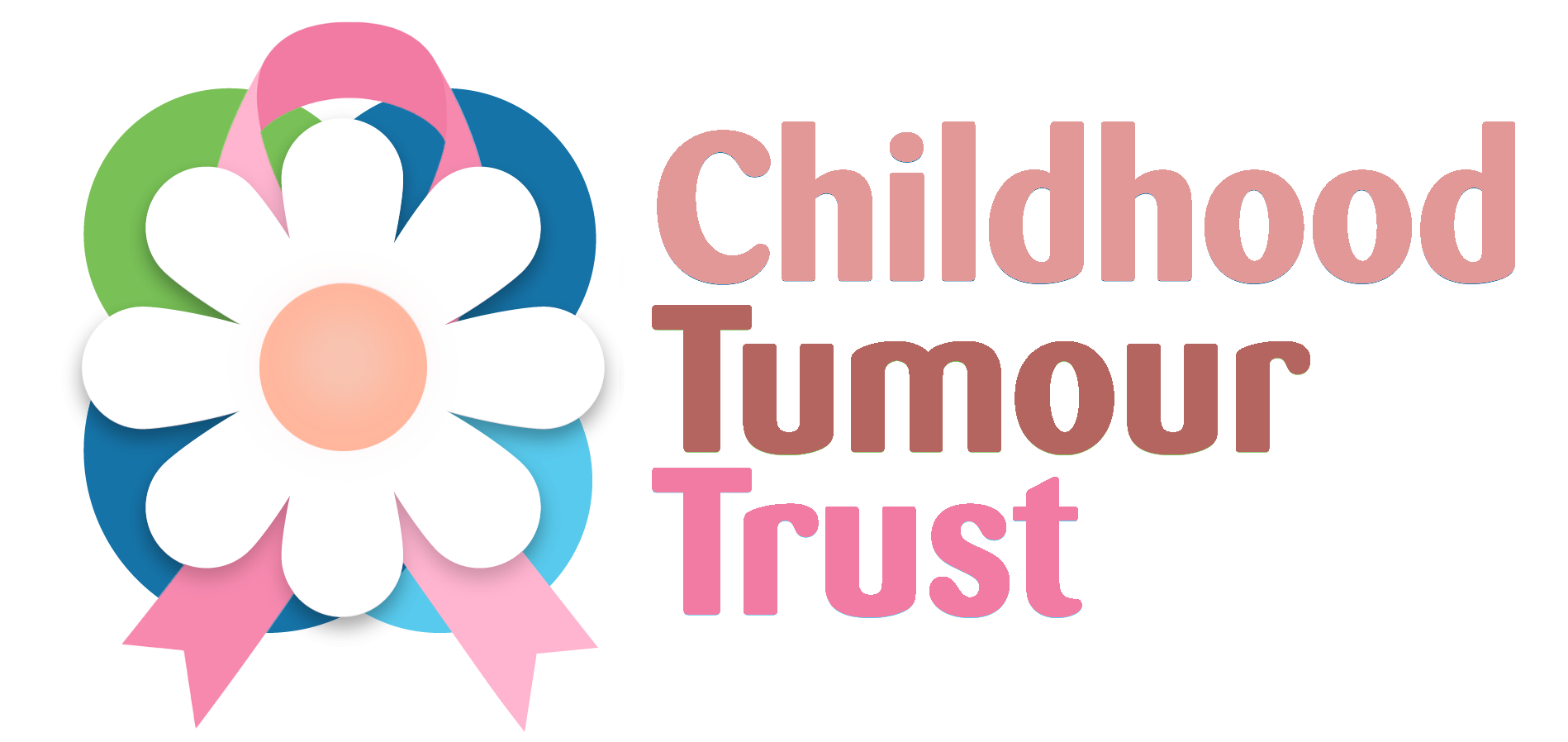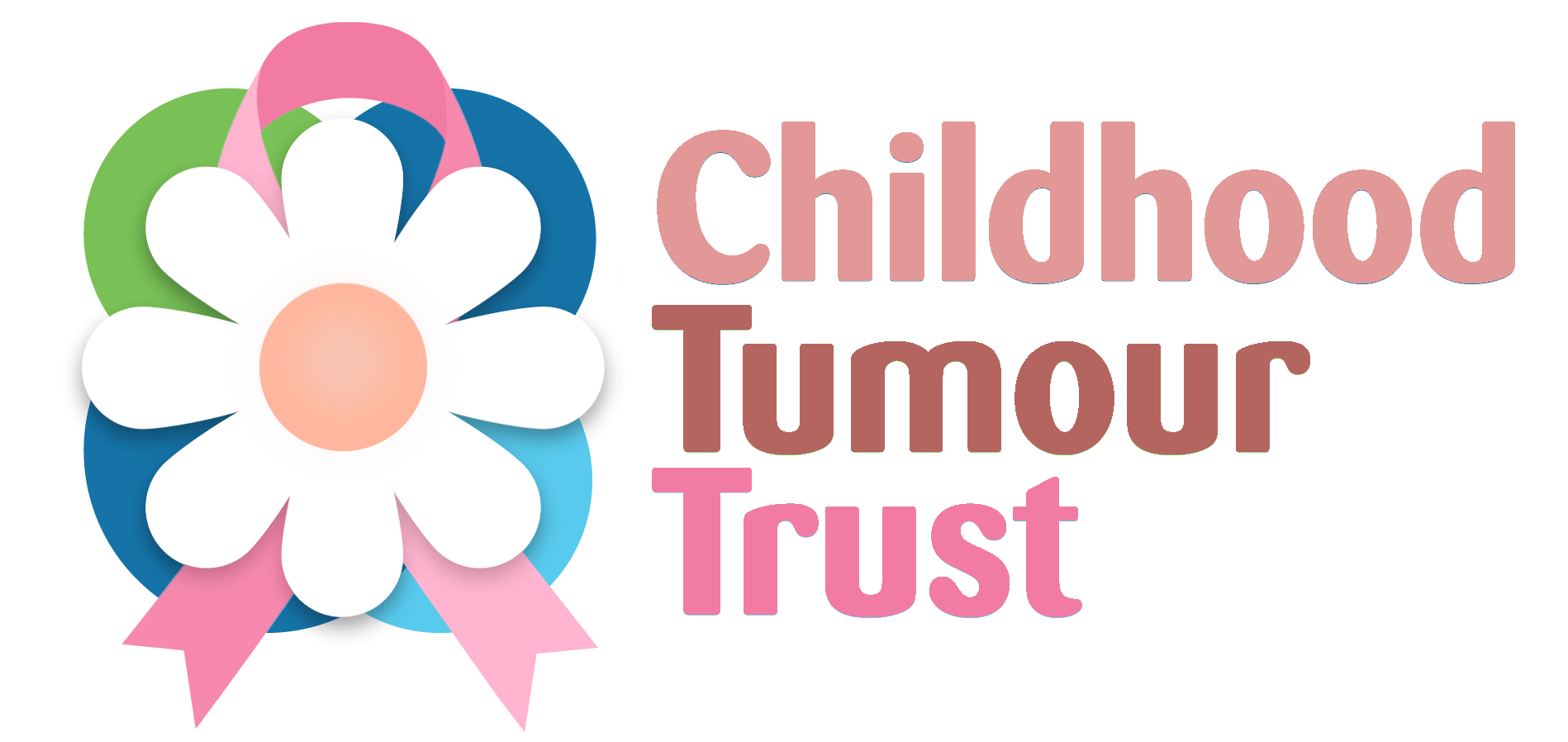Living with a rare genetic condition like Neurofibromatosis Type 1 (NF1) comes with a host of challenges, not least of which is navigating the medical system. For women with NF1, one of the lesser-known risks is an increased likelihood of developing breast cancer, yet many face significant hurdles in accessing early screening.
The stories of Sharon, Andrea and Jodie highlight a common theme; despite the NHS recommendation for early breast cancer screening at age 40, many women with NF1 encounter pushback, misinformation or delays in care. Their journeys reveal the importance of raising awareness about the unique risks faced by women with NF1 and ensuring they receive the necessary support and medical attention. Each of these women has fought to be heard, advocating not just for themselves but for the wider NF1 community in the hope of sparing others from preventable late diagnoses.
These are their stories.
Sharon Phillips
Despite being aware of her heightened risk of developing breast cancer, Sharon Philips was denied the early breast screening the NHS recommends for women with neurofibromatosis (NF1). She went on to be diagnosed with stage three cancer in her early 50s. While it is hard to quantify the impact this ten-year delay in screening had, early detection can mean improved outcomes and it is Sharon’s hope that knowledge of NF1, and the associated risks, is increased among medical professionals so that all women with the condition are offered the best possible chance.
Andrea Lawrance
Diagnosed with neurofibromatosis (NF1) in the late 1980s, Andrea Lawrance was given very little information about her condition. It would be a number of years before she would begin receiving annual check-ups, and even then, she was never informed of her increased risk of breast cancer. Having now been on her own breast cancer journey, she hopes to raise awareness, particularly amongst young women in the NF community, as to the potential cancer risks, to ensure they are fully informed and not left in the dark.
Jodie Hodgson
Having lived with a rare condition her whole life Jodie Hodgson is no stranger to experiencing a lack of awareness from medical professionals about her disease. Her fight to be taken seriously has led her to become the expert in her condition so she can feel empowered to pushback when her concerns are downplayed. However, she acknowledges that it shouldn’t feel like a fight which is why she advocates for better understanding about her condition and the increased risk of breast cancer, particularly among young women

